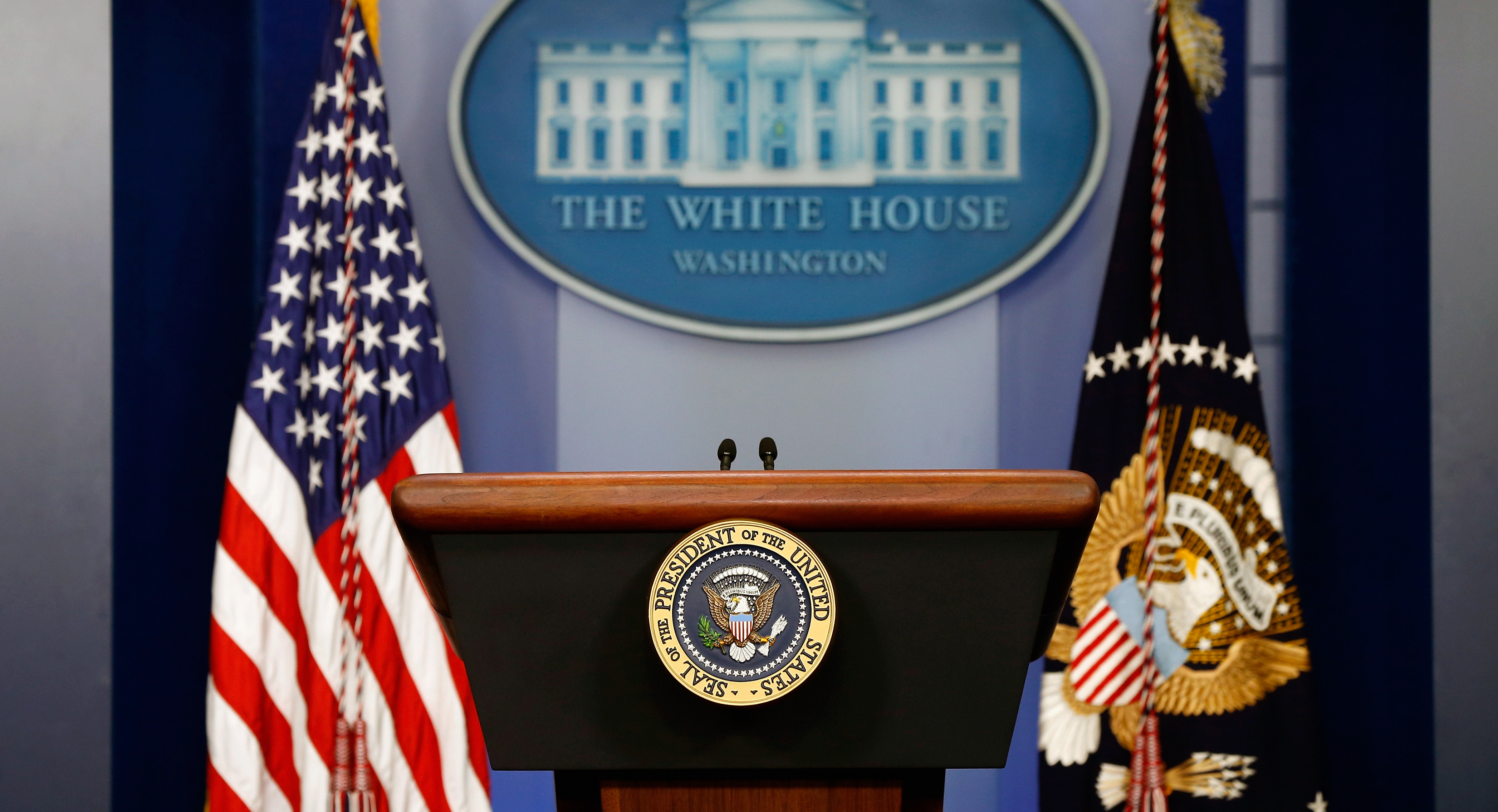Trump Turns Trade into a Weapon
President Donald Trump has transformed trade negotiations into a chaotic battleground where the stakes are higher than ever. With tariffs serving as a blunt instrument, he leverages foreign policy to coerce allies into compliance on issues far removed from trade itself. This aggressive approach not only undermines long-standing diplomatic norms but also jeopardizes American jobs and the stability of the global economy.
Military Budgets as Bargaining Chips
Under Trump"s regime, military budgets have become a central pivot in trade discussions. He pressures countries like Spain to increase their defense spending to match U.S. expectations, threatening new tariffs if they refuse. This manipulation of defense spending for trade concessions is not just unorthodox; it"s a reckless gamble that risks alienating crucial allies and destabilizing international alliances. According to research, this strategy mirrors the core tenets of neoliberalism, where privatization and deregulation are prioritized over equitable international relations.

Daily White House press briefing to stay in the West Wing ...
Trade and Human Rights in the Balance
Trump"s tactic of intertwining trade negotiations with global human rights issues raises serious ethical concerns. The president has shown a willingness to sacrifice human rights for economic gain, as evidenced by his attempts to leverage ceasefires like the Israel-Iran situation for increased American exports. This not only trivializes the importance of human rights but also illustrates a blatant disregard for the values that underpin American democracy.
Impacts on American Workers
The ripple effects of Trump"s trade policies are deeply felt across America. By imposing tariffs indiscriminately, he creates uncertainty that can cripple domestic manufacturers and small businesses. As reported by experts, the chaos of the current trade environment could lead to job losses and increased prices for ordinary Americans. The trade wars initiated by Trump do not just impact foreign nations; they threaten the livelihoods of millions in the U.S. who rely on stable trade relationships.

U.S.-Mexico border braces for Trump"s tariffs - CBS News
Global Repercussions of a Flawed Strategy
As foreign leaders grapple with the unpredictability of Trump"s approach, there"s a palpable fear of being forced into unfavorable agreements. Countries are beginning to align with alternatives, notably China, to escape the clutches of U.S. tariffs. This shift could have long-term implications for American influence on the world stage. The erosion of the U.S. as a trusted trading partner could lead to a realignment of global power dynamics, as nations seek more stable and predictable partners. The potential for a multi-polar world, with China at the helm, emphasizes the urgency of reassessing our trade policies.



![[Video] Gunfire between Iraqi security forces and Sadr militias in Baghdad](/_next/image?url=%2Fapi%2Fimage%2Fthumbnails%2Fthumbnail-1768343508874-4redb-thumbnail.jpg&w=3840&q=75)
